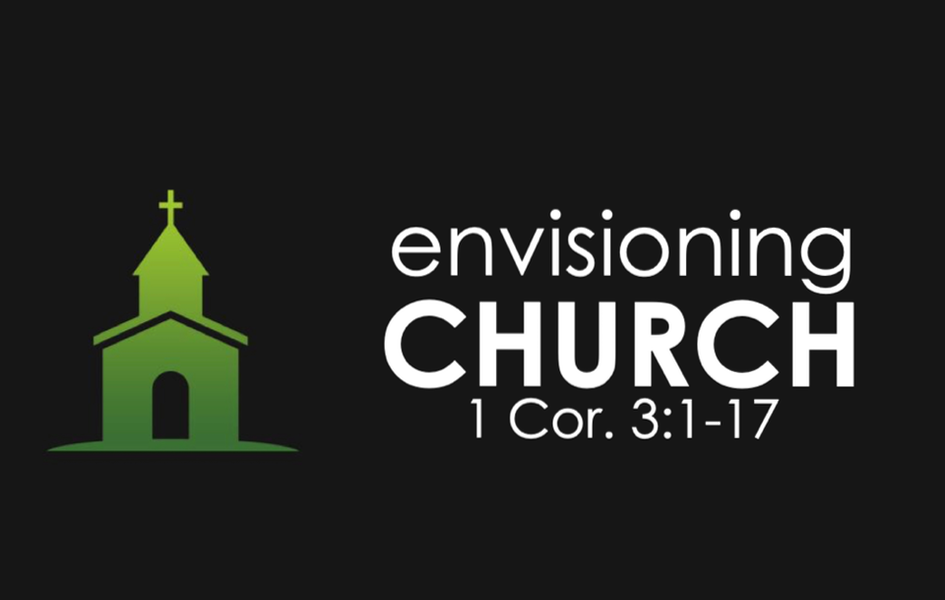ENVISIONING CHURCH

"They devoted themselves to the apostles’ teaching and to fellowship, to the breaking of bread and to prayer" (Acts 2:42)
Luke writes the book of Acts to give us an account of God’s work through the early church. It’s the sequel to the Gospel (good news of Jesus) that bears his name. Covering the approximately 25 years after Jesus’ death and resurrection, Acts tells the story of the spread of Jesus' message following key figures like Peter and Paul. New communities of followers of Jesus (known as churches) begin everywhere Jesus' message goes.
Noting the type of writing (genre) when reading the Bible is important. The Bible contains numerous genres like law, poetry, epistles, narrative and prophecy. The book of Acts is narrative and tells us what happened. Some genres give instructions on how to live life (like the epistles, which are considered prescriptive). Acts is descriptive—it tells us what happened—but it’s also more than that.
Luke presents the verses we look at this week as a type of founding ideal. This picture of the early church gives us lessons we see reoccurring throughout the New Testament. The lessons we look at this week are how early Christians saw themselves as students and part of a family. How we apply the lessons in our church community depends upon our particular culture and community.
ON THE COUCH WITH GOD TODAY
Pray that our church community would embrace and embody the early church ideals of seeing ourselves as students and a family. Consider your previous notions of what the church is and how that lines up with the ideals we are engaging within this series.



Comments
Post a Comment